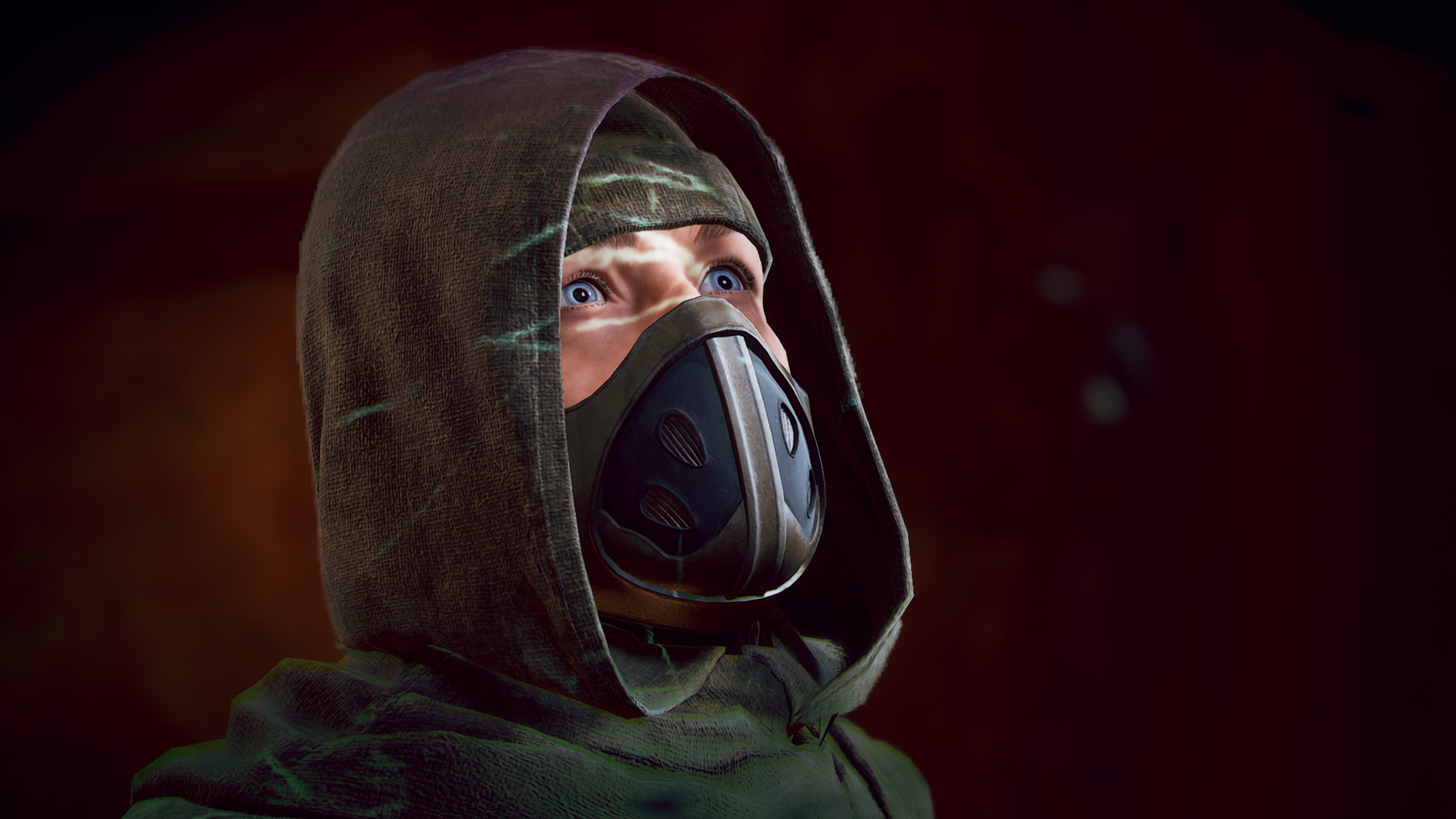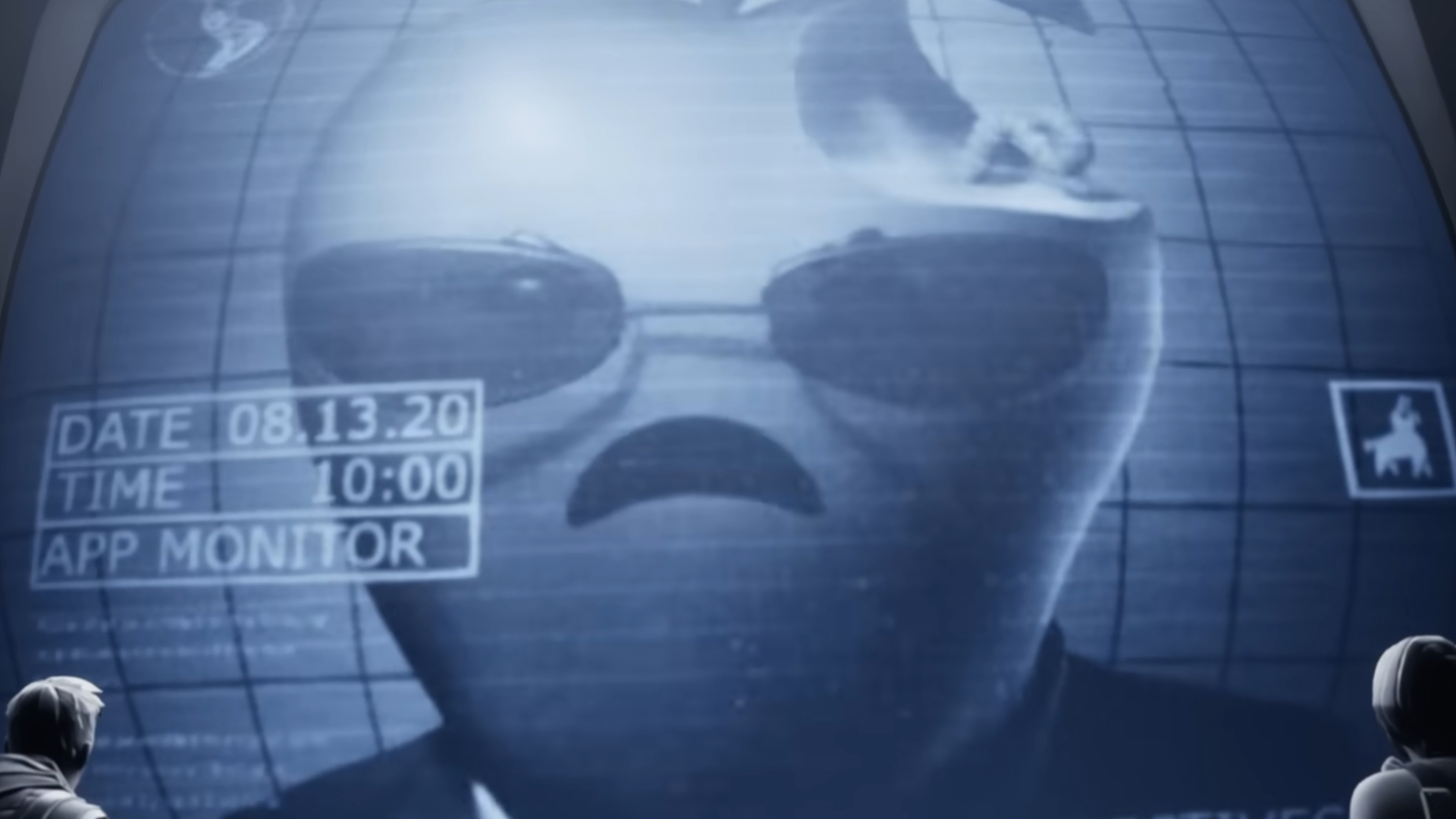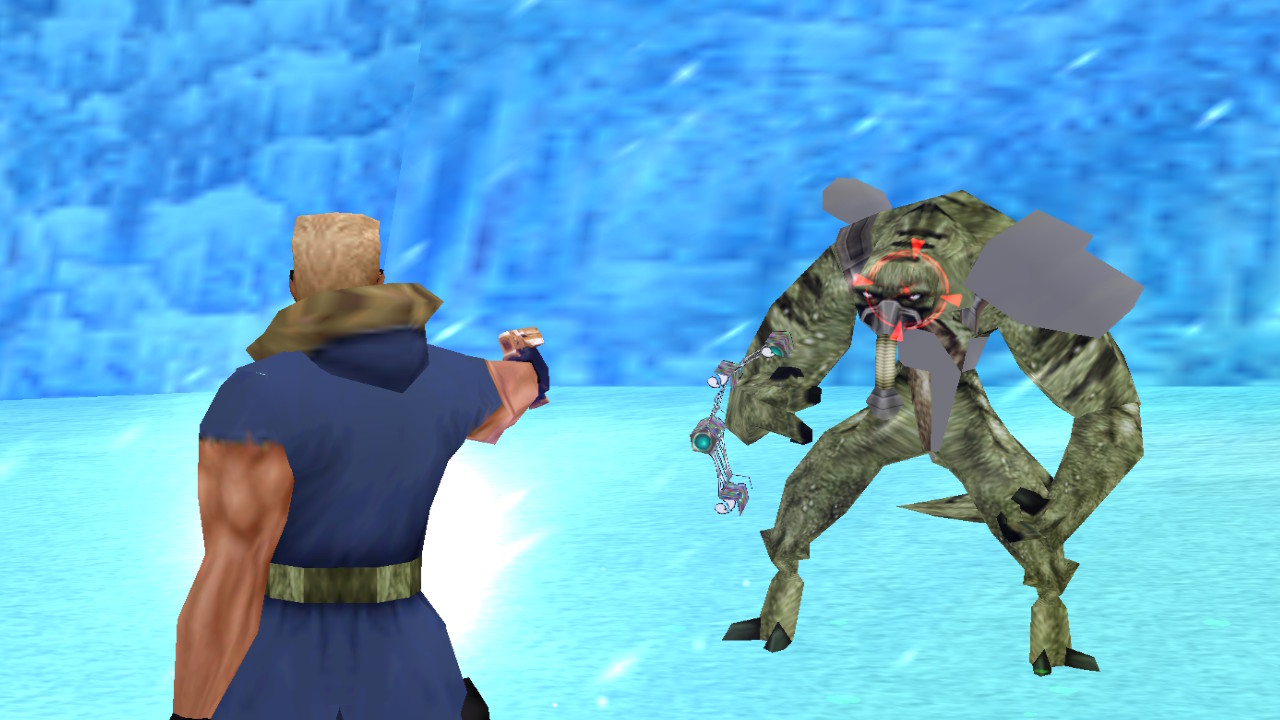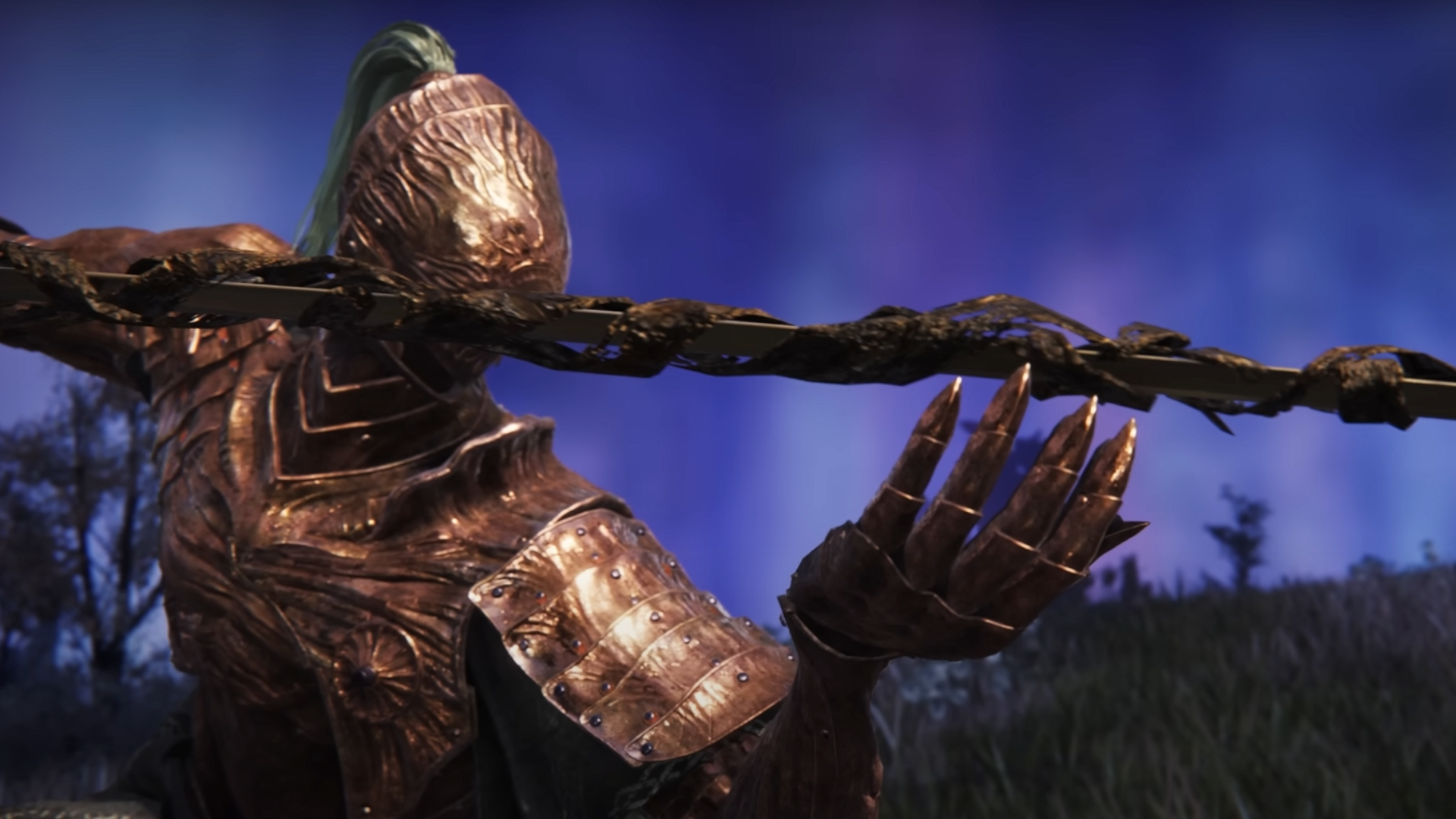
Warning: the below contains full spoilers for The Lord of the Rings: The Rings of Power Episode 7, which is now streaming on Prime Video. To refresh your memory, check out our review of last week’s episode.
The Lord of the Rings: The Rings of Power deals with the wide-ranging fallout of Adar’s successful plan while revealing new perils in this week’s episode, which ratchets down the action but maintains the show’s theme that good people can’t back down in the face of evil. The series checks back in on all the plots that were absent from the spectacular Episode 6, with the dwarves and harfoots facing their own challenges with equal determination.
The opening of “The Eye” feels a bit like the pilot of Lost, zooming in on Galadriel as she opens her eyes to face the devastation of the Southlands. It’s a dramatic and harrowing sight as fires rage, everything is covered in ash, and the elven general must avoid the flames while searching for survivors among the wreckage.
Separated from the Númenóreans, she finds a surprising traveling companion in Theo as they try to make their way to the fallback camp. It’s easy to have contempt for Theo, who was about to give into the temptation to use the hilt again right before discovering the consequences of surrendering it to Adar in the first place, but I’m prone to give the kid a little credit. It’s a hard ask to let your mom be brutally murdered, especially since it’s almost impossible to imagine the scope of what Adar was planning.
Theo and Galadriel intertwine together surprisingly well as they grapple with guilt over their failings. How good an idea it is to give the kid a sword and send him on the warrior’s path remains to be seen, but it’s entirely unsurprising that’s what Galadriel’s solution would be since battle is the only way she’s ever been able to deal with her grief.
The Númenóreans are also devastated, with Isildur losing one of his best friends and then seemingly falling himself. Obviously he’s going to be OK given he’s got a long future ahead of him, so expect to see how he survives and gets reunited with his horse next week. But what’s most compelling about his purported death is the impact it has on Isildur’s father, Elendil, pushing him into conflict with queen-regent Tar-Míriel.
Written in reaction to World War I, The Lord of the Rings is a story about when it’s right to go to war and the devastating price of large-scale conflicts. The Rings of Power is doing justice to these themes by showing that while the just will answer the call of those in need, their military and political success isn’t a given. Númenór saved the people of the Southlands from being slaughtered by Adar and his orcs, but their mission still feels like a failure since the land was destroyed and so many died in the volcanic eruption.
Keeping her promise to Galadriel may not be as easy as Tar-Miriel thinks.
The blinded Tar-Míriel will be returning home to a cunning isolationist advisor who has likely further consolidated power in her absence. She brings with her a demoralized captain who may be hesitant to return to Middle-earth, especially given that there’s little left to protect and the prophesied king of the Southlands may not survive. Keeping her promise to Galadriel may not be as easy as Tar-Míriel thinks.
The fires of Mount Doom don’t just burn the humans but the grove that the harfoots have sheltered in for generations. The scouring of the Shire didn’t make it from Tolkien’s pages to Peter Jackson’s films, but there’s a hint of it in the image of the harfoots eagerly arriving in a place of promised safety and bounty after their long journey, only to see it’s been scorched by a rising evil.
Sadoc Burrows is understandably eager to help his people by calling on the Stranger’s power, even though Poppy and Nori are reticent given how unpredictable their friend’s magic is. His healing of the grove almost gets a kid crushed, leading the harfoots to finally send him on his way, only to discover just how much of a boon the Stranger gave them the next day.
The joy is short-lived when yet another fire is started by dark forces, this time the strange figures that have been tracking the Stranger and aren’t buying any attempts at misdirection. If their creepy theme and the fact that they seem to be carrying a staff showing the Eye of Sauron wasn’t indication enough, their callous burning of the grove shows they can’t be looking for the Stranger for virtuous reasons.
It also demonstrates that they possess some significant magical ability. Fortunately the harfoots don’t take this destruction as further reason to teach their kids never to talk to strangers, instead rallying to help protect their odd ally any way they can. It’s not easy to get harfoots, or hobbits, to go on adventures, but when they do they tend to have grand ones.
Meanwhile, Durin and his dad face off in Khazad-dûm over the use of mithril. The elves are making a great offer, on which Durin IV is personally very invested in because of his love for Elrond, but King Durin’s unwilling to risk the perils of mining the exceptional metal, believing that the elves should be left to their fate. Durin’s willing to accept his father’s edict until he sees mithril’s ability to purify in action and goes on a mining expedition with Elrond, discovering just how rich their mountain really is.
The dwarven king might be making the smart play, but there’s too much momentum against him.
These are some powerful scenes showing the conflict between found and blood family, especially in a society as traditional as the dwarves. Disa’s fiery speech to Durin about their future clearly leaves its mark, setting up an early succession fight. The dwarven king might be making the smart play, but there’s too much momentum against him.
The weakest part of the episode comes at the very end with a pair of scenes that just seem like unnecessary explainers. We already saw the Balrog’s role in the creation of the mithril veins so does it really need to be shown lurking at the bottom of Khazad-dûm? The final name shift from The Southlands to Mordor would have had more impact if the show regularly flashed location names, or would be even better if it had a Game of Thrones-style intro that could show how the map is changing. As it is, it just seemed like a clumsy moment to ensure that audiences who haven’t figured things out for themselves yet can make the connection back to the original trilogy.








